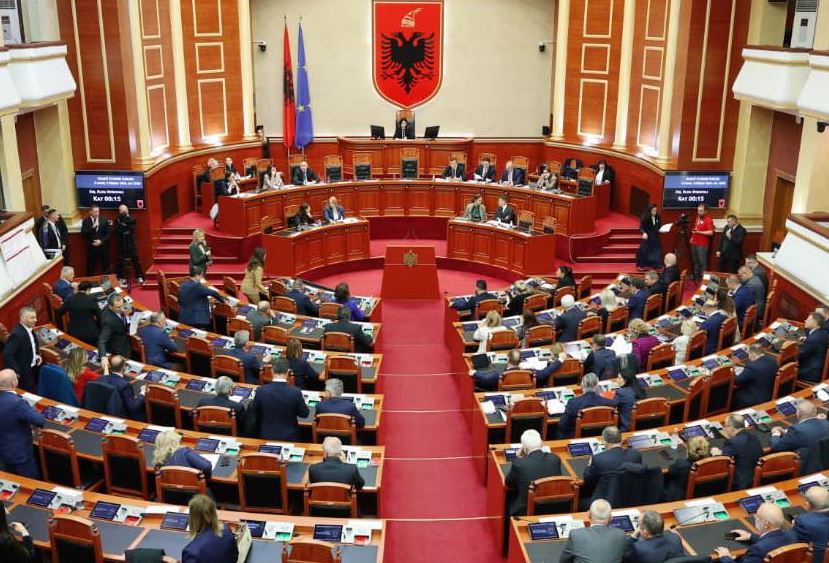Socialist proposal to extend strategic investments law stirs debate

The Socialist government’s proposal to extend the validity of Albania’s Strategic Investments Law has sparked political debate. The opposition strongly opposes the extension, claiming that the law, enacted in 2015 as a temporary measure, has degraded into an abusive mechanism that serves to benefit a select few connected to the ruling majority.
“The law, which was passed as a temporary measure in 2015, has degenerated into an abusive mechanism that only rewards a handful of people close to the majority. While Albanians struggle with immense economic difficulties, the government distributes public assets at symbolic rents of 1 euro to its clients,” opposition MP Jorida Tabaku charged.
Why is this important: Albania has faced longstanding issues in its investment climate, stemming from bureaucratic inefficiencies, lack of infrastructure, and unresolved property disputes. The law was designed to mitigate these challenges by facilitating investments deemed crucial for national development. In recent years it has been instrumental in spurring a surge of investments in the country especially in the sectors of tourism and energy. However, its implementation has drawn both praise for fostering growth and criticism from the opposition for alleged lack of transparency.
Context: Albania introduced the Strategic Investments Law in 2015 to attract foreign direct investments (FDI) by actively addressing administrative, infrastructural, and property challenges faced by investors. The law serves as a key legislative framework, aiming to position Albania as a competitive destination for strategic investments in sectors such as energy, infrastructure, tourism, and agriculture. It defines “strategic investments” as projects contributing significantly to economic development, particularly in line with national priorities. Under this law, investors benefit from:
- Fast-track administrative procedures
- State support for project implementation
- Access to state land
- Fiscal incentives, including tax reductions and customs exemptions
Investments are categorized as “Assisted” or “Special Status,” with the latter receiving more substantial state support. A Committee for Strategic Investments oversees applications and ensures compliance, while the Albanian Investment Development Agency (AIDA) plays a key role in facilitating investment processes.
AIDA acts as a central point of contact for investors, assisting with investment proposals, promoting Albania as an investment hub, and monitoring compliance with national development goals.
Implementation and impact: The law has attracted significant investment in key sectors, driving job creation and economic growth. Notable projects include high-end tourism developments in the Albanian Riviera, renewable energy projects like photovoltaic parks by Voltalia, and infrastructure upgrades such as the modernization of Kukës Airport and plans for the Port of Durrës.
Despite its successes, challenges persist. Land ownership disputes, ambiguities in property titles, and concerns over transparency have delayed projects. Environmental impact has also been an issue, with some projects facing opposition from civil society. Critics claim the awarding of state land and the classification of investments lack sufficient oversight.
Moving forward: The debate surrounding the law’s extension highlights the complexities of Albania’s economic transition. While the government argues that the law is critical for sustained growth, the opposition charges that it deepens corruption and benefits only those with political connections. The ongoing discussions underscore the need for improved transparency and accountability in its implementation.


